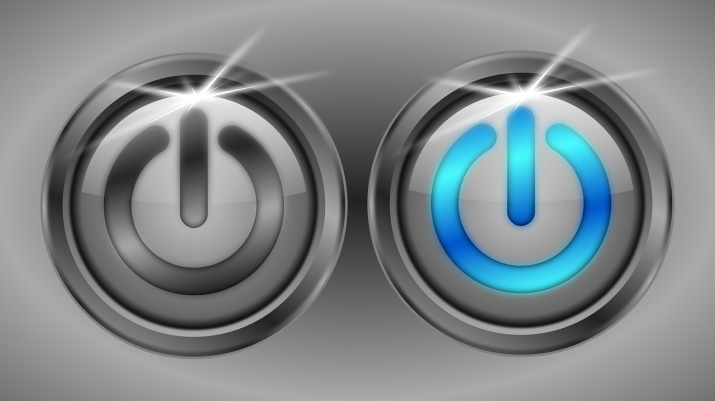
Over the coming decades, digital technologies are set to make energy systems around the world more connected, intelligent, efficient, reliable and sustainable. Stunning advances in data, analytics and connectivity are enabling a range of new digital applications such as smart appliances, shared mobility, and 3D printing. Digitalized energy systems in the future may be able to identify who needs energy and deliver it at the right time, in the right place and at the lowest cost. But getting everything right will not be easy.
Digitalization is already improving the safety, productivity, accessibility and sustainability of energy systems. But digitalization is also raising new security and privacy risks. It is also changing markets, businesses and employment. New business models are emerging, while some century-old models may be on their way out.
Policy makers, business executives and other stakeholders increasingly face new and complex decisions, often with incomplete or imperfect information. Adding to this challenge is the extremely dynamic nature of energy systems, which are often built on large, long-lived physical infrastructure and assets, IEA, the International Energy Agency says.
Download the report.